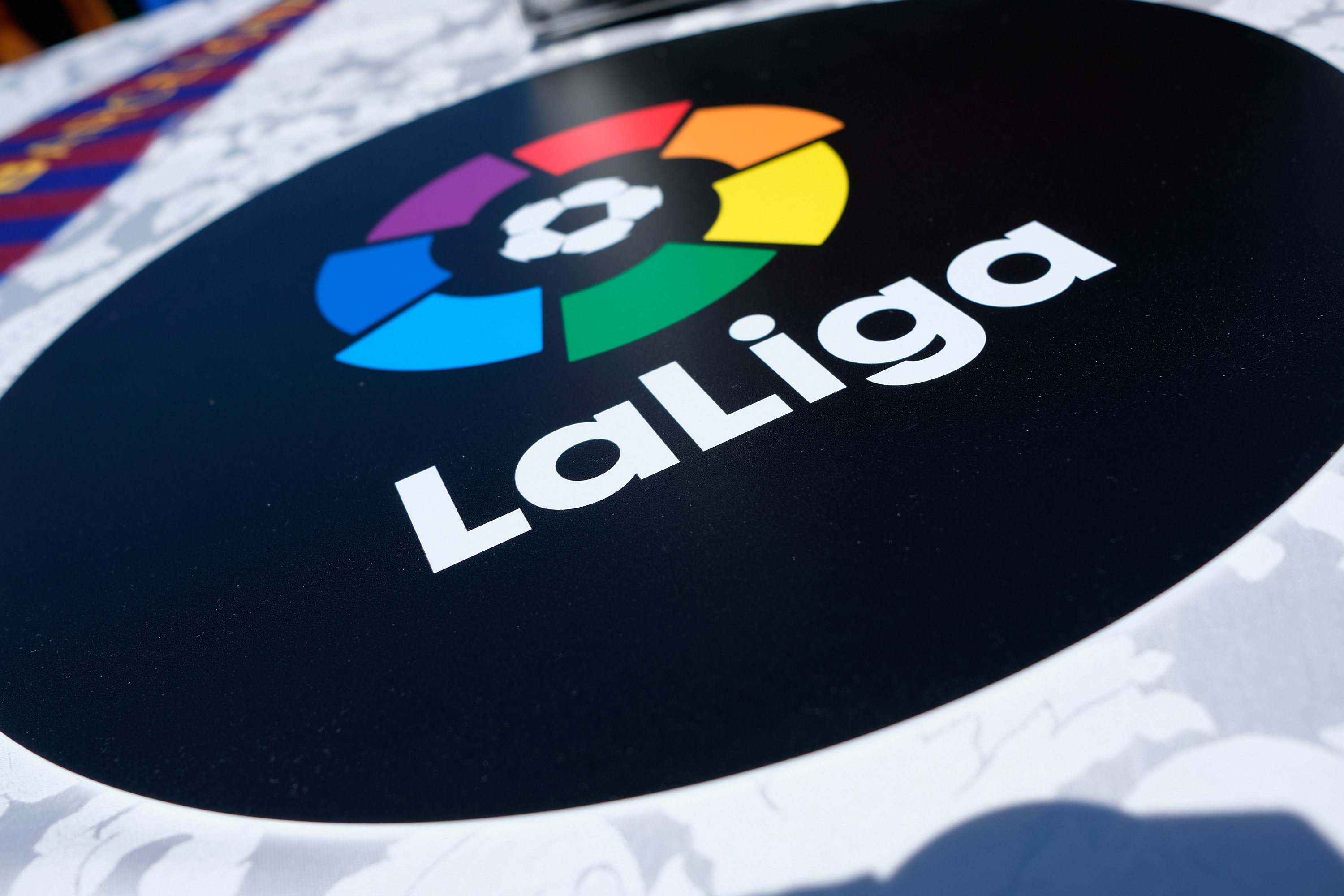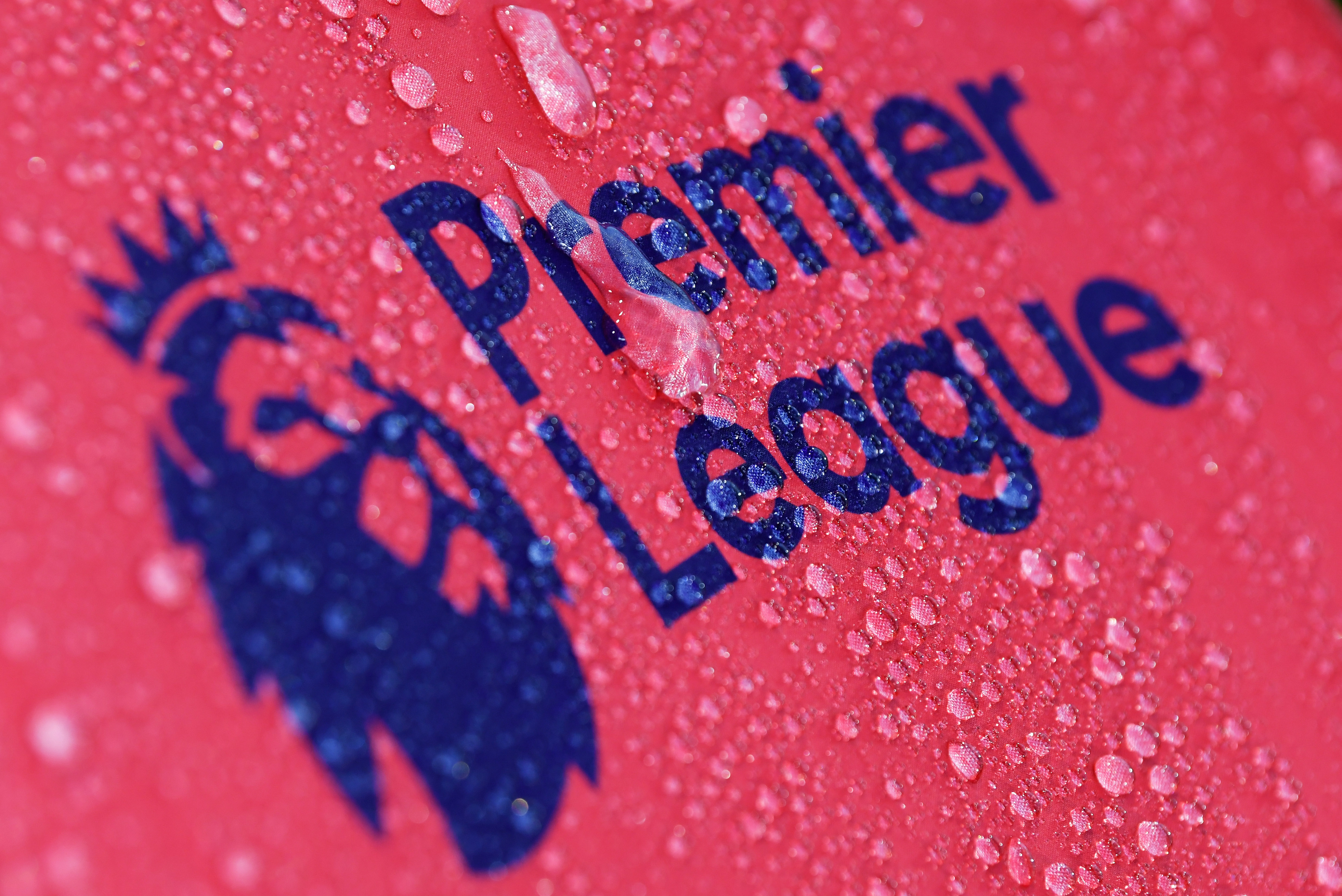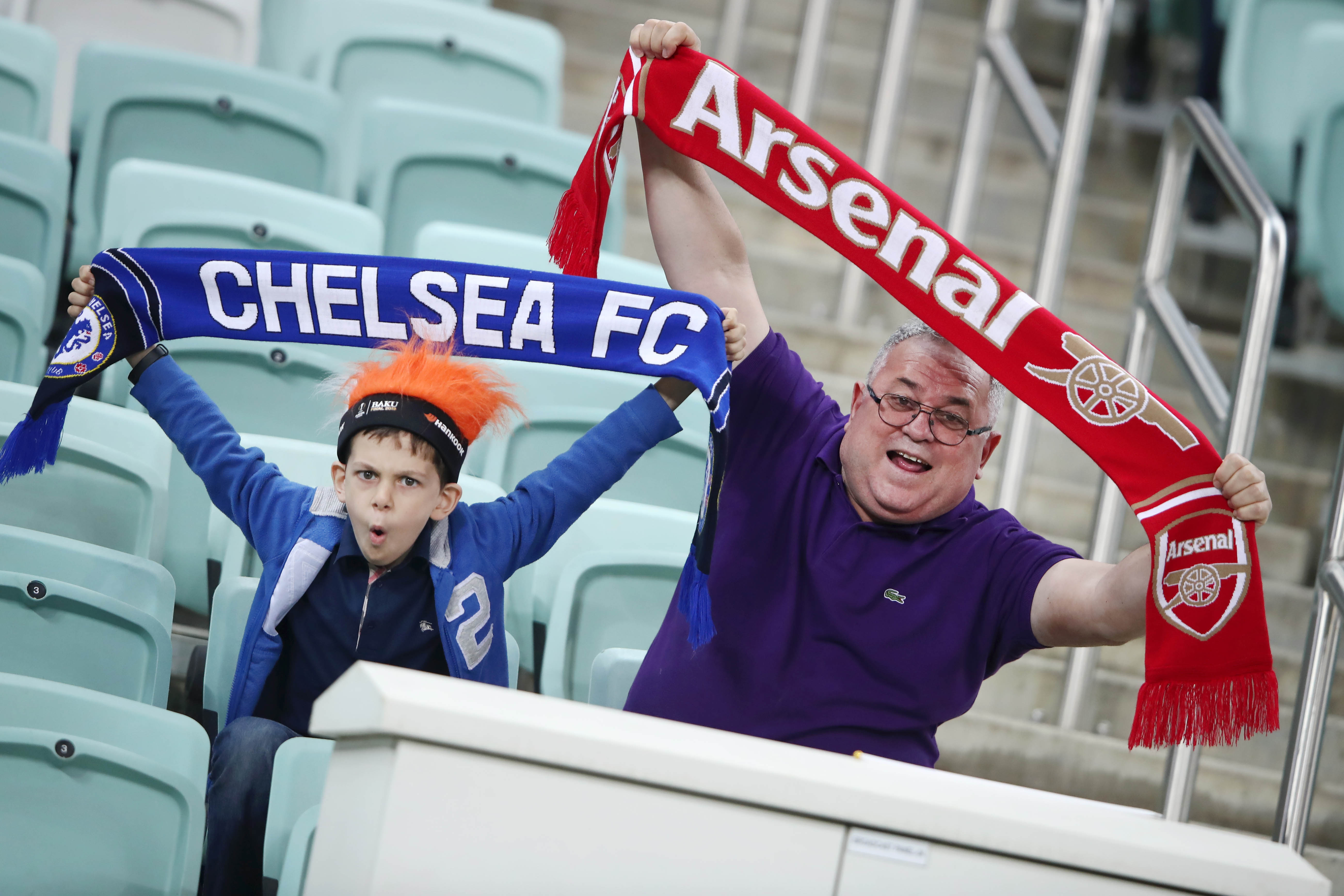“Arsenal come streaming forward now in surely what will be their last attack. A good ball by Dixon, finding Smith, for Thomas, charging through the midfield. Thomas, it’s up for grabs now!”
And Michael Thomas did grab the season-defining second goal. The painful memory of this day still rests in some corner of the heart of plenty of Liverpool supporters; especially, the ones present at Anfield who were bouncing up and down in joy of anticipating another league title with mere thirty seconds left on the clock. These lines by commentator Brian Moore became one of the most famous commentary verses in English football when on 26 May, 1989, Liverpool’s title was snatched away from Anfield by Arsenal in the most agonizing way possible in the history of English football.
At the beginning of the century, though, Liverpool returned some of the pain. Arsenal were made to visit similar moments of agony due to a heart-wrenching last minute defeat when ‘he who now must not be named’ popped up to overturn a 1-0 deficit into a famous 2-1 FA Cup final win for the Merseyside club at Wembley.
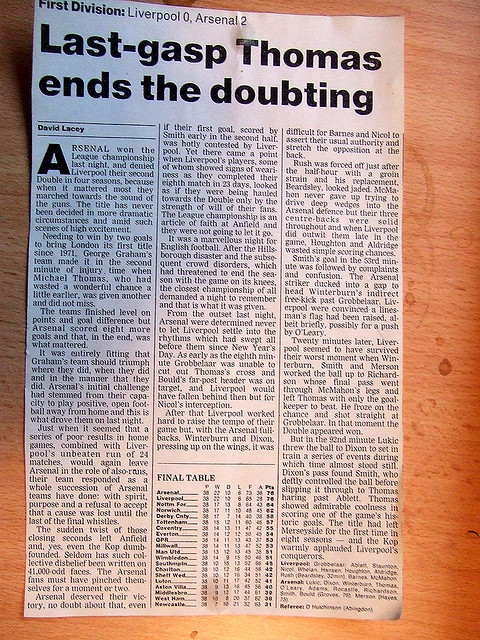
But that’s football, and beyond such painful moments, the rivalry between Liverpool and Arsenal is fairly tempered in many ways and does not possess an extra dimension for it to be compared with other club rivalries in England. In recent times, it has been a purely footballing rivalry. The two teams just do not share the same hatred they share with other teams. It isn’t love, but it isn’t a fixture either set of supporters aches to look at when the Premier League fixtures lists are out in July.
Liverpool’s historical animosity towards Man United is well documented, aside from the fact that the two clubs are the most successful teams in England. It goes beyond the realms of football, beginning in the late 19th century over industrial supremacy of the region. Liverpool’s local rivalry with Everton arises from the geographical distance between the clubs.
Their rivalry with Chelsea has taken a turn for the worse ever since an outspoken Jose Mourinho – a naturally despised, hated opponent – entered English football. Since then, a flurry of eagerly-fought, controversial Champions League as well as Premier League battles with the club had resulted in an ill-tempered relationship between these two. More recently, though, with signs of the rivalry taking a gentler turn, the big money move of Fernando Torres has stirred up things between the two clubs, once again.
But Arsenal just aren’t in that ‘zone’ that exists around the Anfield club; a zone of hatred that pumps up players to give more than hundred percent, a zone where supporters strive extra hard to intimidate the opposition and a zone where defeat is followed by suicidal depression among fans. There are minimal bragging rights, at stake. Arsenal’s football is usually a joy to watch and doesn’t incite the opposition.
This is why Liverpool haven’t been doing well in matches – which are touted to be one of the ‘big games’ of the season – against Arsenal, especially in away matches. A contest between the two clubs is still more about football than anything else (a fact, rather than a complaint), and even the staunchest of Liverpool supporters will admit that, in the past decade, Liverpool haven’t matched Arsenal’s football. The last time Liverpool defeated the Gunners away from home was back in 1999.
Whether it be the ‘Invincibles’ stamping their authority with utter distain, or the post-invincible era drubbing of the Reds at the Emirates, Arsenal’s homes – Highbury and The Emirates – haven’t been happy hunting grounds for the Merseysiders.
On Saturday, things could finally be different on two accounts.
First, there is a lot at stake in this season’s Arsenal-Liverpool matches since it is a widely acknowledged fact that these two clubs are likely to be battling for the coveted fourth spot in the League. So, both teams will be charged up to not lose this match as a defeat gives too much away to the closest competitor.
Second, there is a chance that Liverpool could finally outplay the Gunners away from home. The London club are currently in a sorry state of affairs with their former captain having already represented his boyhood Catalan club and influential midfielder Samir Nasri on the verge of a move to Manchester City. Apart from these losses, injury to Jack Wilshere and three-match bans for both, Alex Song and new-signing Gervinho, are expected to take the stuffing out of Arsenal.
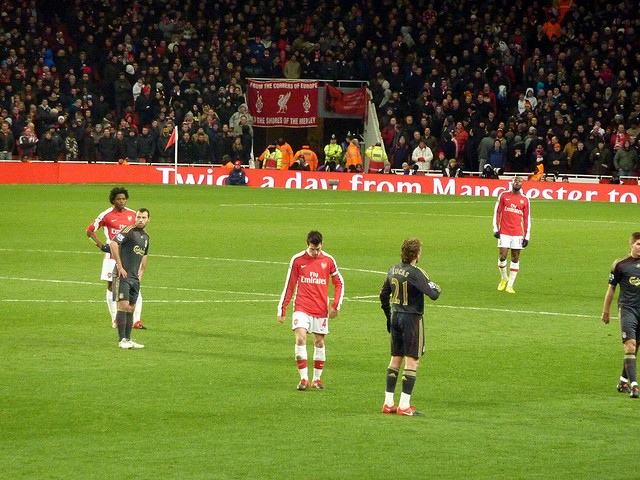
But, from a Liverpool point-of-view, let’s not count your chickens before they hatch. Arsenal will still play their style of football; the kind that Liverpool have struggled to cope with for years. One may batter Wenger for the lack of trophies and major signings, but the brand of football he has embedded at the club has meant that Arsenal are likely to out-pass, out-manoeuvre you irrespective of the players on the pitch. The only thing they might lack is the killer instinct in the final third; a reason why teams prefer to sit back against Arsenal and defend on the edge of their own defensive box.
Saturday’s contest might hinge on Kenny Dalglish’s approach to the game. Will he, sensing an emotionally and physically wounded Arsenal, ‘go for the kill’ at The Emirates or will he settle for a cautious approach that is oriented towards keeping them out? Under Rafa Benitez, one game stood out in the 2009/10 season; a game that Kenny Dalglish should learn from. Liverpool traveled to The Emirates to face wounded, demoralized Gunners who were low on confidence after defeats to United and Chelsea. But Rafa set the team up to defend and Liverpool hardly attacked all game, invited pressure and finally succumbed to a Diaby header, late on.
It was highly frustrating to see Liverpool sit back and stare at the opportunity rather than do something about it. One suspects Kenny Dalglish is not going to take the same approach, or at least he should not. He has spent over a hundred million sharpening his midfield and attack, and to play to his team’s weakest link – the current defence – could turn out to be a massive mistake.
Kenny Dalglish will know the match will primarily be a football battle, rather than the blood and thunder associated with games against United, Chelsea and Everton. Most of the times, Liverpool lack that extra desire and spark to overcome Arsenal; a spark that they so desperately need in the game. Be it in the form of an historic rivalry or a bad tackle or even, an elbow to a Liverpool player that ignites the whole team, the Reds usually need a common cause beyond the three points to lift their game to a winning level in such contests.
Come Saturday, though, Dalglish’s Liverpool might just be in a position to not require this extra thrust of adrenaline. Liverpool, finally, may just end up winning a ‘big away game’ at Arsenal solely on football itself.
—————
Follow the author on twitter @Akarsh_LFC


